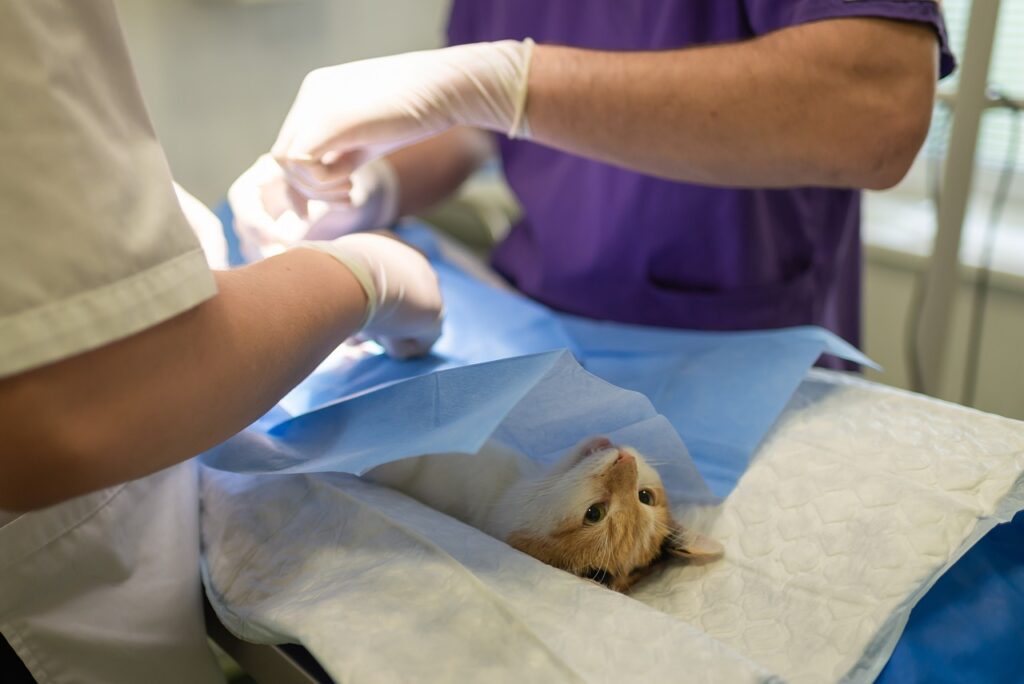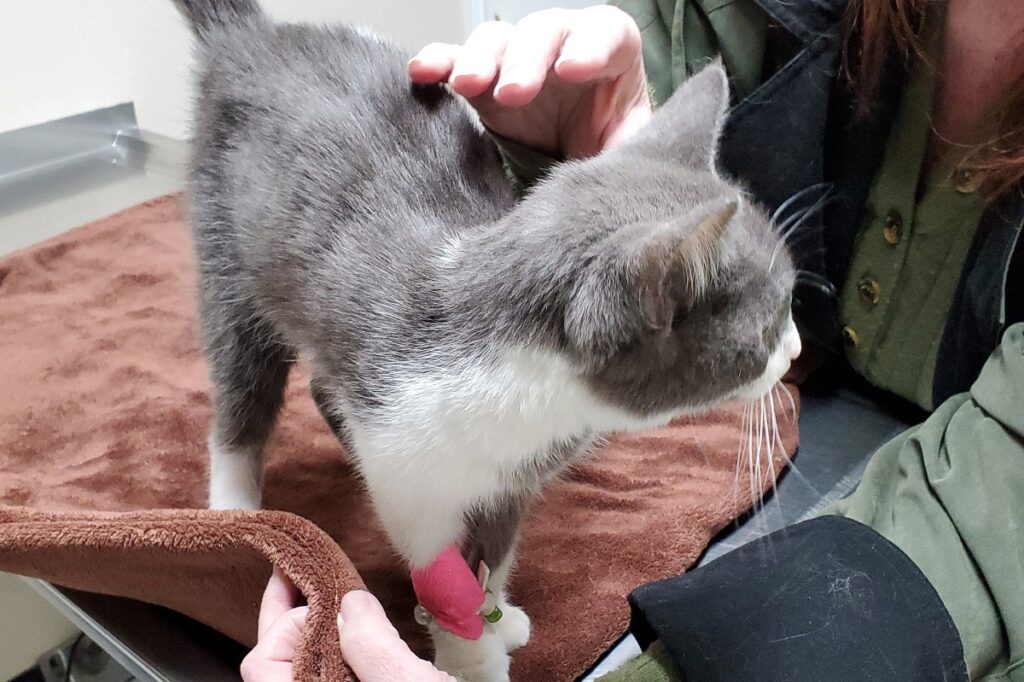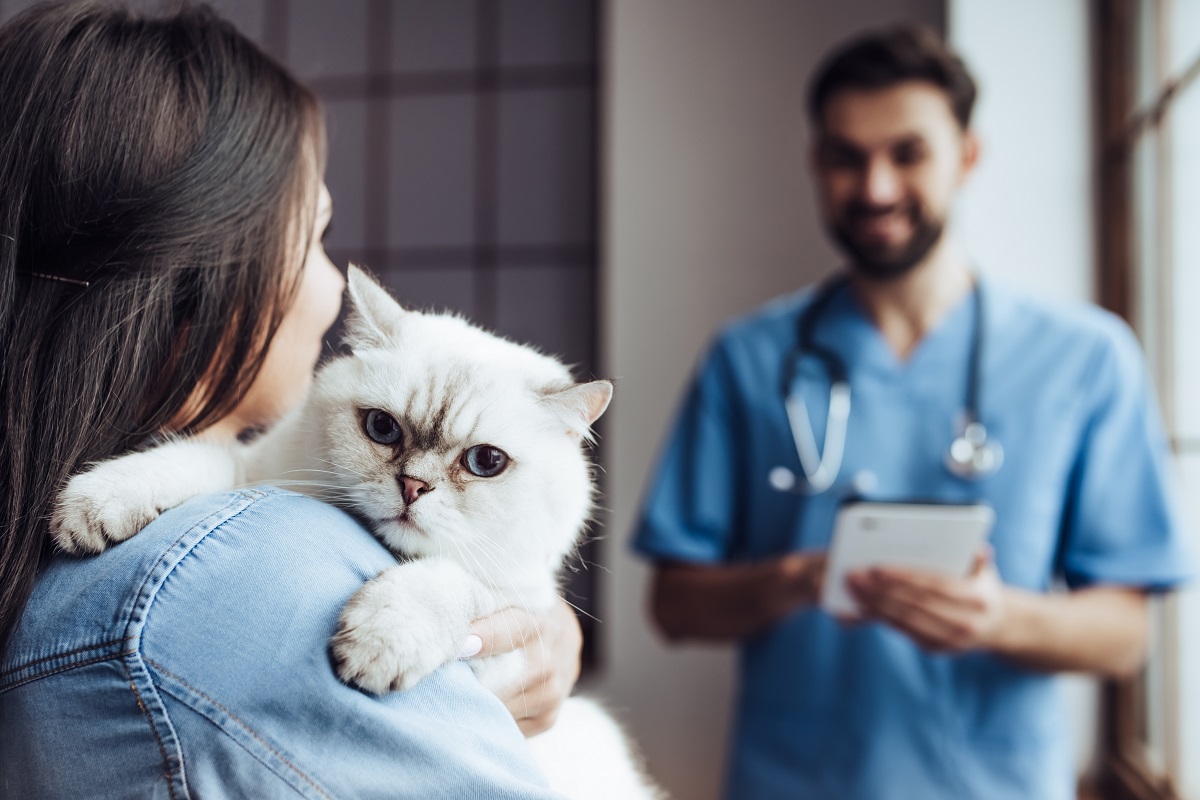Let’s face it. Your cat probably isn’t thrilled about vet visits. Between the indignity of a carrier and the betrayal of a thermometer, it’s not their favorite outing. But the right vet can make a world of difference. Not just for your cat, but for your peace of mind.
Picking the right veterinarian isn’t just about who’s closest or cheapest. It’s about finding someone who actually gets cats, who doesn’t flinch at a hiss, and who treats your pet like the majestic creature they believe themselves to be.
This guide breaks down exactly how to choose the right vet for your cat, whether you’ve got a clingy kitten or a battle-hardened tabby who once won a fight with a vacuum cleaner.
The Vet You Choose Affects Everything
Choosing the wrong vet can lead to misdiagnoses, stressful visits, or worse, a cat who disappears the moment they hear the carrier being touched. A great vet, on the other hand, becomes a trusted partner who knows your cat’s quirks, catches issues early, and helps you make confident decisions.
Veterinary care isn’t just for emergencies. It’s regular checkups, vaccines, dental care, nutrition advice, and the occasional “why is she limping?” mystery. The right vet builds a long-term relationship that grows with your cat, from the zoomies of kittenhood to the grumpy naps of old age.
Different Cats, Different Needs
Before you start Googling clinics, think about your cat’s specific needs.
Young kittens need frequent visits for vaccines, deworming, and checkups. They also need a vet who can help you survive the teething phase without losing your sanity (or furniture).
Adult cats usually require annual wellness exams, routine vaccinations, and preventive care. But if your cat eats something suspicious, you want a vet who won’t hit you with 10 tests and a shrug.
Senior cats need vets experienced with age-related issues like arthritis, kidney disease, or sudden sassiness at 3 a.m.
Then there are special considerations:
Related read: Trimming Your Kitten’s Claws Without the Drama.
- Does your cat have a chronic condition?
- Are they a breed with specific health risks?
- Do they get motion sickness just looking at a car?
Your vet should be equipped to handle your cat’s unique quirks, from hairballs to Houdini-level escape artistry.
Not All Vets Are Cat People
You’d think all vets love cats. But some are just more comfortable with dogs, reptiles, or whatever species needs a cone that day. You want a vet who understands feline behavior, body language, and the silent judgment of a side-eyed glare.
Look for clinics with cat-specific certifications, like being a Cat Friendly Practice®. These clinics are designed with cats in mind, from the waiting room to the exam table. They know how to handle a nervous kitty without turning into a wrestling match.
Other things to look for:
- Vets who handle cats gently and confidently
- Quiet exam rooms with minimal barking from other patients
- Staff who seem to genuinely like your cat (even if your cat is… difficult)
Don’t Skip the Credentials
It’s not rude to check credentials. It’s responsible. Make sure the vet is licensed in your state and hasn’t racked up a list of disciplinary actions longer than a Maine Coon’s tail.
Look for:
- Veterinary degree (DVM or VMD)
- State license in good standing
- Membership in reputable organizations like the AVMA (American Veterinary Medical Association) or AAFP (American Association of Feline Practitioners)
Experience matters too. A new vet might be great, but if your cat has a complex issue, you might want someone who’s seen a few weird cases.

Visit the Clinic Before You Commit
You wouldn’t move in with someone after reading their Yelp reviews, right? Same goes for your vet.
Schedule a tour or drop in to get a feel for the place. Bring your cat if you’re brave, or just go solo and observe.
Pay attention to:
- How clean is the waiting area?
- Are staff friendly and organized?
- Is it chaotic, loud, or clearly designed for dogs?
Ask about:
- Appointment availability and wait times
- Emergency procedures after hours
- Cost of basic services (exam, vaccines, spay/neuter)
- Payment options and pet insurance
If something feels off, trust your instincts. Or better yet, trust your cat’s.
How to Spot Red Flags
Not all clinics are created equal. Some warning signs:
- Staff seem rushed, rude, or dismissive
- You’re pressured into expensive tests without explanation
- The clinic smells like something gave up and died in the walls
- No one seems to remember your cat from visit to visit
Even if the vet has great reviews, if you and your cat don’t feel comfortable, it’s okay to keep looking.
Look Beyond the Website
A fancy website is nice, but it doesn’t tell the whole story. Ask other cat owners in your area who they trust. Local shelters and rescue groups can also offer solid recommendations.
Online reviews are helpful too, but read them critically. One angry review about a canceled appointment shouldn’t scare you off. But 12 reviews mentioning poor communication? That’s a pattern.
Bonus tip: A clinic’s social media can reveal a lot. If they post pictures of happy cats and helpful advice, they probably care about their feline clients.
A Vet Who Listens Is a Vet Worth Keeping
Good vets don’t just treat symptoms. They listen to you, answer your questions, and respect your knowledge of your own cat.
If your cat suddenly starts yowling at night, a good vet won’t dismiss it as “just being weird.” They’ll ask thoughtful questions and walk you through possible causes.
You should never feel rushed or shamed. If you leave the clinic confused or panicked, that’s not a good sign.

So, today my human decided it was time for my “vet check-up.” Oh, the horror! They popped me into the dreaded carrier (which I like to think of as the mobile kitty prison) and off we went. I must admit, I was quite intrigued by all the new smells and sounds, even if I was trying my best to maintain my cool. But then, the thermometer… I mean, how rude, right? The audacity of these humans! Anyhow, I gave them my best hiss and showed them who’s boss. #VetDrama #CoolCatComposure #Don’tMessWithMyButt
Joey
Let’s Talk Money (Because Your Cat Isn’t Paying)
Vet care costs money. It’s just a fact of cat life. But you want a clinic that’s transparent about pricing and willing to discuss options.
Ask for a price list of common procedures. Some clinics offer wellness plans that cover checkups and vaccines for a monthly fee.
Also ask:
- Do they accept pet insurance?
- What are payment options for emergencies?
- Do they charge for follow-up calls or brief rechecks?
You don’t want a surprise $400 bill because your cat sniffled on a Sunday.
What to Expect at the First Visit
Your first appointment is a chance to get to know the vet, and for your cat to decide if this person is worthy of touching their paws.
Here’s how to prep:
- Bring any previous records or adoption paperwork
- Jot down questions or concerns in advance
- Use a secure, cozy carrier (maybe with a towel that smells like home)
Watch how the vet interacts with your cat. Are they patient? Gentle? Do they talk to your cat like they’re not just a furry paperweight?
You’re not just evaluating their medical skills. You’re seeing if they get your cat.
A Great Vet Relationship Is Built Over Time
Once you’ve found the right vet, keep the relationship strong. Stay up to date with checkups, vaccines, and follow their care advice (yes, even the part about brushing your cat’s teeth).
And if something changes, new hours, new staff, or your cat starts panicking at every visit, don’t be afraid to reassess. Switching vets is fine if it means better care and less stress.
Your cat may never love going to the vet. But with the right one, they might at least stop hiding in the sock drawer every time you pull out the carrier.
Sources:
American Association of Feline Practitioners – Why Choose a Cat Friendly Practice https://catfriendly.com/why-choose-a-cat-friendly-practice/
American Veterinary Medical Association – Choosing a Veterinarian https://www.avma.org/resources-tools/pet-owners/petcare/choosing-veterinarian
Cornell Feline Health Center – Tips for Choosing a Veterinarian https://www.vet.cornell.edu/departments-centers-and-institutes/cornell-feline-health-center/health-information/general-care/tips-choosing-veterinarian
PetMD – How to Choose a Veterinarian https://www.petmd.com/cat/general-health/how-choose-veterinarian
Fear Free Pets – What to Look for in a Vet https://fearfreepets.com/how-to-find-a-fear-free-veterinary-professional/
Recent Posts
Explore why cats sleep so much, including the evolutionary reasons and the health benefits they derive from their extensive sleep patterns.
Explore the causes of cat dandruff, its implications, and effective ways to deal with it so your feline friend remains happy and healthy.


